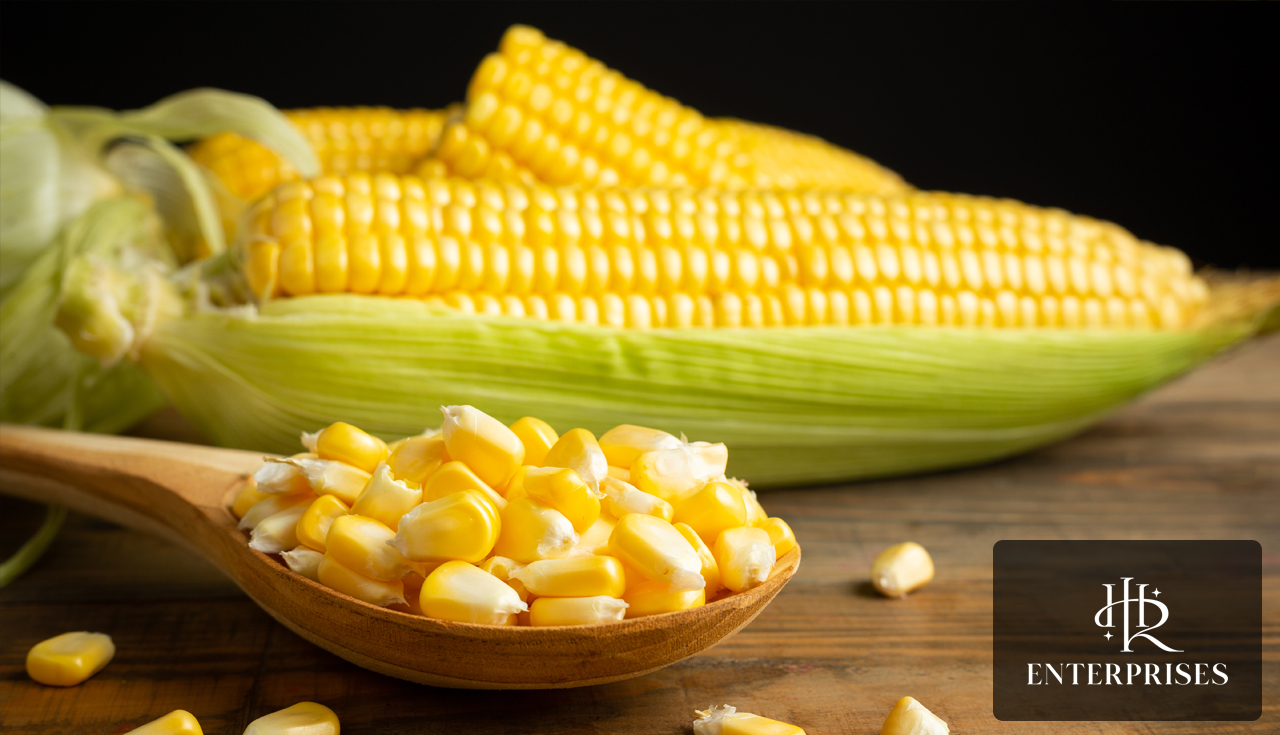What is special about maize?
Maize, also known as corn, is one of the most widely cultivated crops worldwide. Its versatility, nutritional value, and economic significance make it an essential component of global food production. Let’s explore the unique aspects that make maize special with a question, “What is special about maize?”
1. High Nutritional Value
Maize is rich in essential nutrients, including carbohydrates, fiber, vitamins (especially Vitamin B6 and Vitamin C), and minerals such as magnesium and phosphorus. This makes it a staple food for many populations, providing a significant source of energy.
2. Versatility in Uses
Maize is a highly adaptable crop, used in various industries:
- Food Production: Corn is consumed in different forms, from cornmeal to tortillas, and is a core ingredient in numerous recipes.
- Animal Feed: Maize is a primary feed for livestock, contributing to the meat and dairy industry.
- Biofuel Production: Corn is also used to produce ethanol, a sustainable fuel alternative, reducing reliance on fossil fuels.
3. Adaptable Growing Conditions
Maize can thrive in various climates and soil types, making it a crucial crop for regions with diverse agricultural conditions. Its resilience to drought and other environmental stressors further enhances its value in agriculture.
4. Economic Importance
Maize is a major contributor to the global economy. Countries like the United States, China, and Brazil are top maize producers, with the crop playing a critical role in both domestic markets and international trade.
Related Article: What are the benefits of eating corn?
5. Health Benefits
Regular consumption of maize offers numerous health benefits:
- Digestive Health: Its high fiber content promotes healthy digestion.
- Weight Management: Being low in fat and calories, maize is an excellent food choice for those looking to manage weight.
- Heart Health: The presence of healthy oils and antioxidants in maize contributes to cardiovascular well-being.
6. Cultural Significance
Maize holds a special place in the cultural heritage of many civilizations, particularly in the Americas, where it has been a staple for thousands of years. It continues to play a central role in festivals, rituals, and traditional cuisines.
7. Environmentally Friendly Crop
Maize cultivation has evolved with the advancement of sustainable agricultural practices. It requires less water than many other crops, and ongoing research focuses on improving its genetic traits for better yield and resistance to pests, reducing the need for chemical pesticides.
Conclusion
Maize is more than just a crop—it’s a powerhouse of nutrition, economic activity, and sustainability. Whether it’s feeding populations, fueling industries, or protecting the environment, maize is undeniably one of the most special crops globally.

